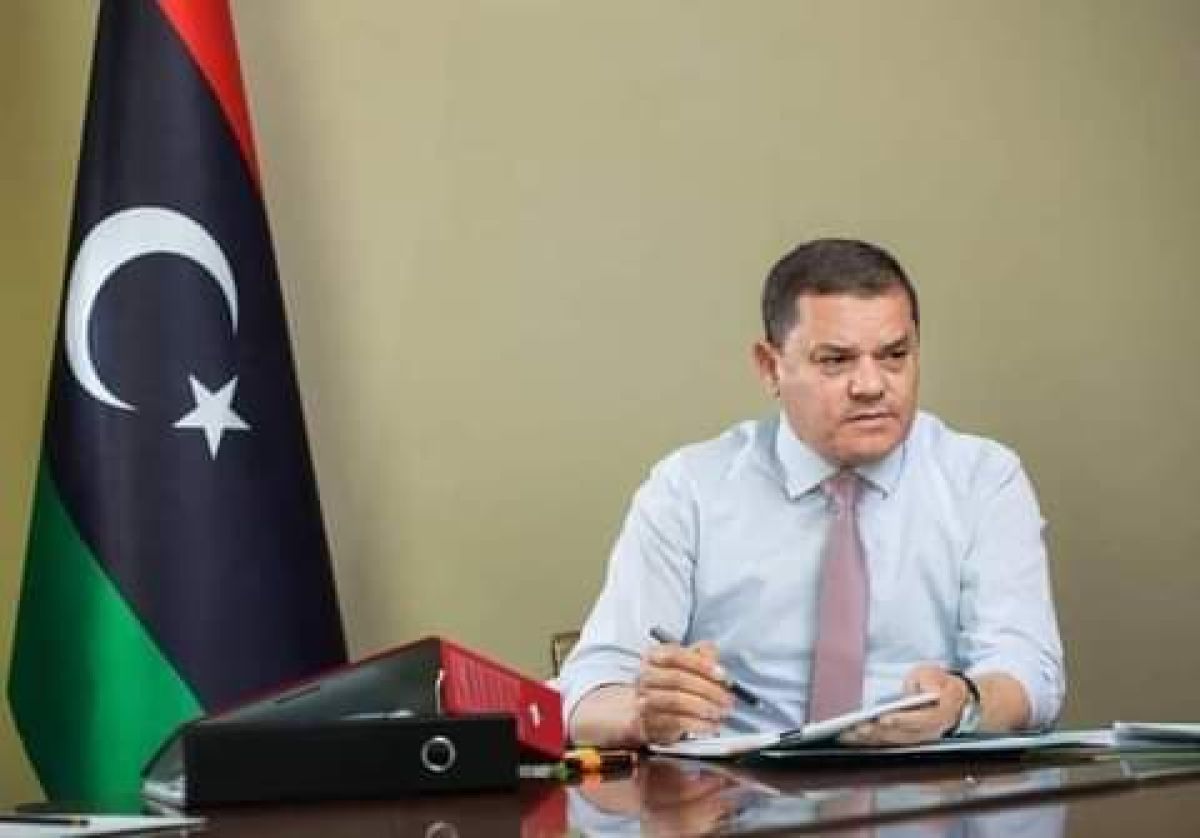On 5 February Abdul Hamid Dabaiba was chosen Prime Minister designate of Libya in a UN- brokered caucus marred by allegations of bribery.
The Investigative Journal (TIJ) said in a report that Abdul Hamid’s cousin and brother in law, Ali Dabaiba, head of Libyan state infrastructure contracting body ODAC from 1989 till 2011, is alleged to have paid off some of the 75 electors with sums as high as $500,000.
Many Libyans have asked on Twitter and Facebook why the United Nations body UNSMIL (UN Support Mission to Libya) chose Ali Dabaiba as a delegate in the first place. One of the Gaddafi era figures most associated with corruption, Ali has been the subject of numerous articles in major publications.
An OCCRP investigation noted, “The Tripoli-based Libyan authorities believe that Dabaiba may have misappropriated between $6 and $7 billion […] using such techniques as charging excessive “commissions” and awarding tenders to companies that were linked to him or that he secretly owned outright”
Abdul Hamid’s election surprised many, as the 61 -year old has an opaque curriculum vitae. Press accounts often refer to him as a businessman but it is not clear what business he ever engaged in.
After allegedly acquiring an engineering degree in Canada, there are decades of blank years including the whole of the 1990s before he became head of Libyan state infrastructure board LIDCO in 2006 – a position that was created for him.
In addition, as TIJ has detailed, Abdul Hamid appears to have engaged in contracting fraud for the purpose of obtaining kickbacks from the Turkish companies who received his lavish contracts. But Abdul Hamid is a favorite of Erdogan – whom he met secretly just a day or two after his selection – and former colonial power Turkey has great influence in Libya now. As Libyan policy analyst Mohamed Eljarh was quoted as saying, “The perception or reality is that Dbeibah is intimately linked to Ankara on a number of levels and that many of his business interests go through Turkey.”
Now TIJ has seen documents from Abdul Hamid’s “lost decade” of the 1990s that show a $107,000 commission paid to Ali Dabaiba in conspiracy with Abdul Hamid Dabaiba. It is perhaps the best single example of the corruption of Ali Dabaiba – and apparently the only evidence to emerge to date of Abdul Hamid’s business activity before LIDCO.
In the course of ODAC business Ali contracted with office furniture manufacturers. One of them was Italian office furniture manufacturer Faram spa (the equivalent of a public limited company in Britain.) Faram still exists today.
A letter of authorization dated 11 March 1994 from Faram spa to “Abdulhameed Eldubeba” states that commission will be paid at a rate of 15% for orders by ODAC. It specifies a bank account at Credit Suisse in Geneva and references the banker responsible for the account.
The agreement is stated as valid until 31 December 1995.
Two weeks later on 28 March 1994 Faram spa sent USD $107,000 to the Credit Suisse bank account specified. But contrary to the natural assumption that this account belongs to Abdul Hamid, the bank statement shows that this account belongs to Ali Dabaiba, using a Cyprus address. (In the 1990s Dabaiba had a mini empire in Cyprus. As OCCRP reported, Dabaiba
“may have used at least 16 bank accounts and seven companies in Cyprus in the alleged crimes.”)
Thus Abdul Hamid was conspiring with Ali and Faram to conceal that a kickback was being paid to the head of ODAC, Ali Dabaiba.
But the $107,000 paid to the personal account of Ali was just the tip of the iceberg.
Internal paperwork for a Lichtenstein company controlled at least in part by Ali Dabaiba shows 5.2 billion Italian lira in payments by Faram to the Liechtenstein entity spanning the years 1996 to 1998. These commissions were paid at a rate of 20%. There were around 1600-1800 lira to the US dollar in 1998. So this amounts to around $3 million in commissions paid by Faram to the Liechtenstein company . Multiplying this by the hundreds of contracts bestowed by Ali Dabaiba over the years and you have an idea why he could afford to buy the Libyan premiership for his cousin.
The question for Libyans of course, is whether these are the sorts of men who ought to be leading their country. And the question is also who is ruling Libya? is it Abdul Hamid? is it Ali? is it Turkey? or is it cash?




